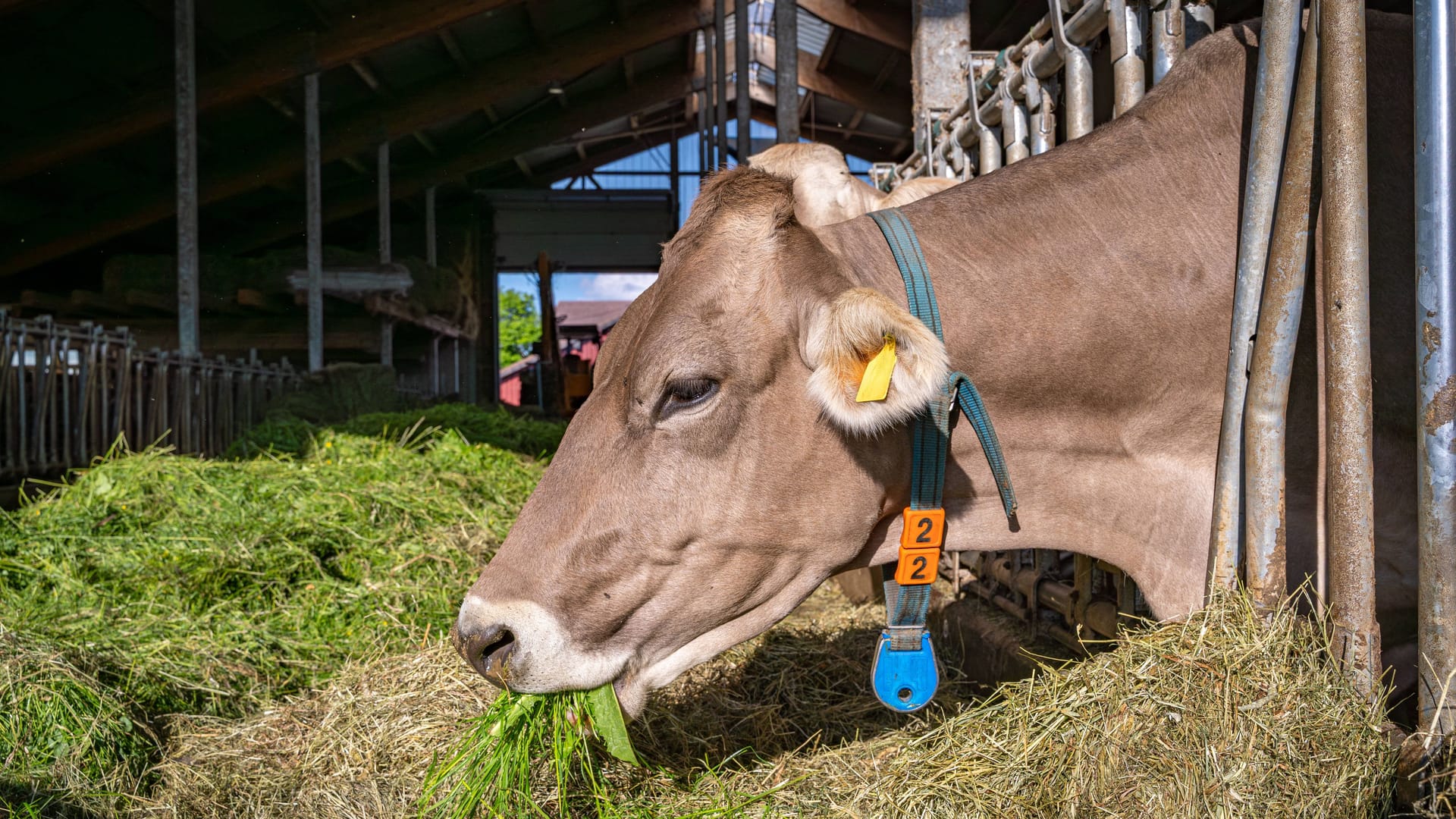Consequences for farmers
Molkerei companies are planning a large fusion
Updated on April 8th, 2025 – 2:40 p.m.Reading time: 2 min.


Two large dairy companies from Germany and Denmark are planning to close the should. Farmers and employees see this critically.
The German Molker Obeship DMK Group is striving for a fusion with the Danish-Swedish industry giant Arla Foods. The merger is intended to bring together more than 12,000 dairy farmers and create “the most powerful whey cooperative in Europe”, as the two companies announced. You not only want to strengthen the market position, but also promote high -quality milk production and improve the product range for consumers.
In mid -June, the representative meetings of the two cooperatives are to vote on the intended merger. In addition, the authorities’ approval of antitrust law, which companies hope for by the end of 2025, is pending. As a merged company, you would then bear the name Arla.
The German milk account (DMK) is based in Zeven in Lower Saxony and its administration in Bremen. Arla is at home in the Danish Vaby, where the future headquarters of the merged company should also be. Together, the two cooperatives come to almost 19 billion euros in annual sales and around 28,700 employees. According to an overview of the Dutch Bank Rabobank, Arla was recently the seventh largest dairy company in the world, DMK landed 18th in the list.
The Federal Association of German Dairy Halves (BDM) appeals to the responsible authorities to critically examine the planned merger. “What is sold here as a unification of common values and strengths is actually a concentration of power that further restricts the competition for raw milk and increases the dependence of the dairy farmers on a few large corporations,” fears BDM chairman Karsten Hansen. “The power of the dairies is further expanded, few large companies can dictate the conditions – to the detriment of the producers.”
It is still unclear what effects the planned merger will have on the locations and employees in Germany. “In the short term, there will be no changes for our farmers and employees-everything will continue as usual,” assures a DMK spokeswoman.
Most DMK locations have so far been in Lower Saxony, other companies in Schleswig-Holstein, Mecklenburg-Western Pomerania, North Rhine-Westphalia, Thuringia and Baden-Württemberg. In addition to Milram, the DMK brands also include Humana, Oldenburger, Osterland and the baby food brand Alete.










